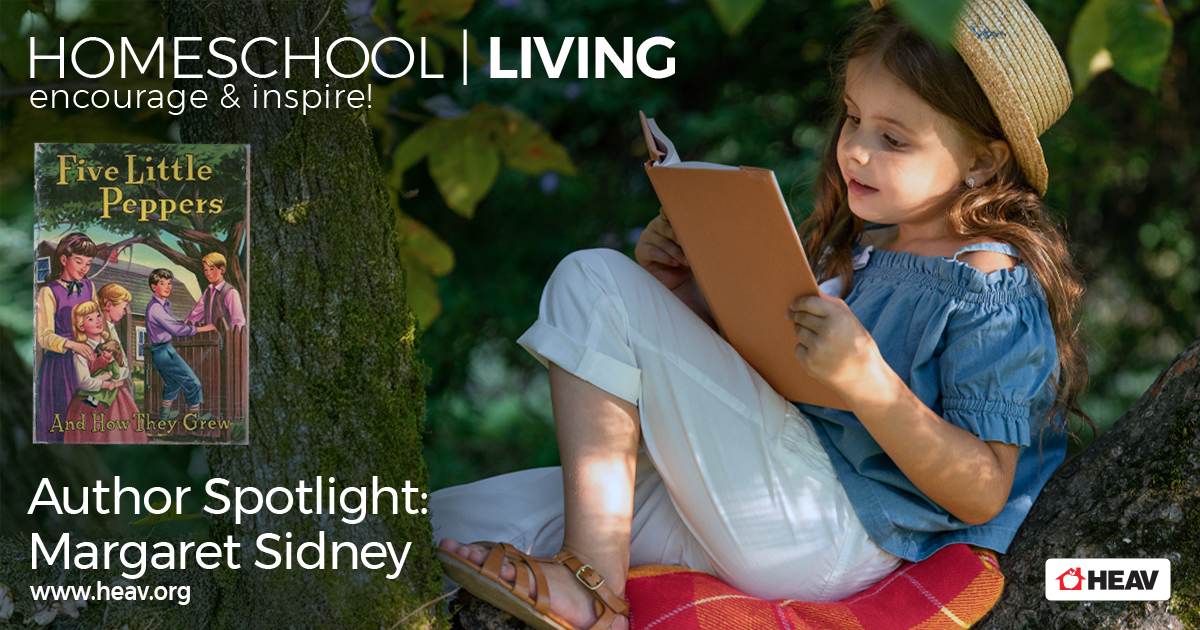Homeschool Grace: The Futility Of It All
by Kyndra Steinmann
The other day I was talking to my mother about some behavioral issue I was dealing with, and I finished the conversation by saying, “ I know they’ll get it eventually, and in the meantime I’ll just keep toting water uphill in a sieve!” She kind of laughed and we went on to another topic.
It’s true though. Some parts of this parent and homeschool grace journey feel exactly that way—as if the job that I am doing is making progress, but the progress is so incremental that at points it feels like no progress at all. Often this feeling of futility results in discouragement, which is followed by reaction—and frequently the reaction falls somewhere along the spectrum between very helpful and actually counterproductive!
This is not a huge help in ending the feelings of not getting anywhere!
OK, then. Let’s face reality. This isn’t really a kid problem. This is a mom (and her attitude) problem—or, more particularly, a “mom and where does she put her trust” problem.
Homeschool Grace
Parenting graciously and with wisdom can only arise out of a reliance on grace and wisdom. When I try to be my own foundation, I am bound to fall.
What then? How do I discipline myself to keep my focus in the right place?
I think there are three key areas that need to be part of my routine practice—daily would be wonderful, but weekly is probably more achievable at the moment!
Confession: (1 John 1:9, James 5:16) There are many forms that this can take, but I find that there need to be both private confession (with true soul searching) and public confession (in terms of apologizing to those wronged—yes, even the children!—and in naming sins to someone who will provide accountability in some form). Sins of the heart (attitudes) and their symptoms (snapping, anger, harshness etc.) break the relationships that we have with God and our children, and those relationships can’t experience healing without confession and the grace of forgiveness. As a Catholic, I receive much benefit through the act of going to confession, and I find that the action helps me to truly believe that I can start over and do better. Persons of all Christian faiths can benefit from the act of explicitly confessing their sins to one another, moving forward in a state of feeling forgiven and “new.”
Regularly reviewing the bigger picture: Taking an afternoon (or even just an hour, if it’s truly all you can spare) once a month to regain perspective is a huge help. Often I find that the issues I am dealing with are actually only a small part of our daily lives, or that they have their roots in something larger that is going on. Recently we have been repainting the interior of our house, and between the chaos of having rooms torn apart and half-packed in order to complete the project and a looser summer schedule, there have been a huge number of attitude- and respect-based problems in all relationships (children to parents, parents to children, sibling to sibling, and even—to some extent—spouse to spouse). The chaos is no excuse, of course, but it is helpful to know that (at least in part) these are symptoms of unusual stress and will probably be less of a problem in a couple of weeks. In the meantime, I can help by adding a bit of structure back into the schedule and by holding myself and the children accountable. And I can be encouraged when a look at the larger tapestry of family life reminds me that, in general, our relationships are kind and respectful, and that, with some effort, we can improve them.
Prayerful planning: If reacting in the moment is one of the symptoms of a mom who is discouraged, overwhelmed, or just plain fed up, then planning ahead of time what issues to address—and how—helps to dispel those feelings. Often I choose to address only certain issues in a given week. I consider some things as needing further training—right now, two of the children need training to see how their tone of voice rather than their actual words is causing strife, for example—while others (sneaking off to read a book during job time) need more immediate consequences. Here I often use my kitchen whiteboard to help me remember my goals, jotting notes or phrases where they will catch my eye throughout the day. Those brief reminders help me to have an attitude of prayer, and it is incredibly difficult to snap and fuss when my heart is constantly chanting things like, “Lord, give me grace to offer these children calm, soft-voiced, evenhanded, consequential, and intentional parenting.”
In the end, I know that what I do only escapes futility through grace. When my focus is on that grace—and the gracious Giver—then I know that all of the chores, math lessons, discipline, and training are indeed “working together for good” and have a purpose with eternal significance.
Kyndra Steinmann blogs at Sticks, Stones and Chicken Bones about living in a houseful of young children, special needs, discipling hearts, and abundant grace! As a homeschool graduate, she has an especial burden to encourage mothers to know and enjoy their children. Follow her on Facebook and Pinterest.










